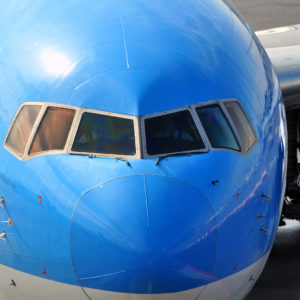The U.S. airline industry, which is notorious for delayed flights, is now trying to postpone the takeoff of America’s 5G communications network. And — as is often the case with the airlines —it’s not exactly clear what this delay is all about. On Monday, top airline executives sent a letter to the Federal Aviation Administration (FAA) and […]

